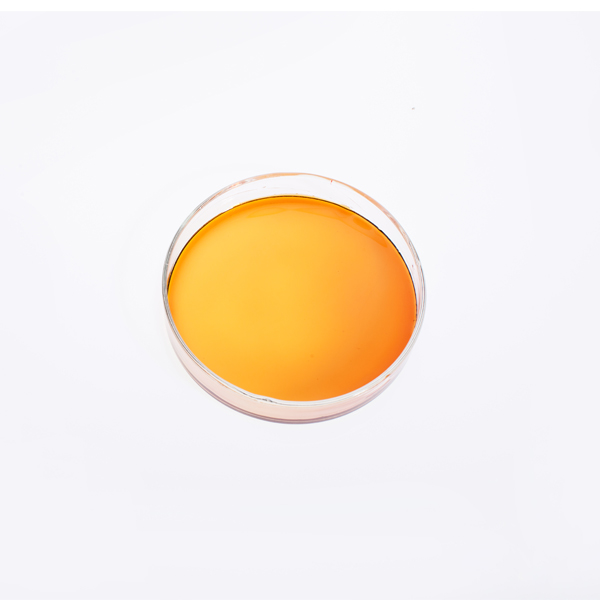
News
ное. . 17, 2024 03:55 Back to list
polyaspartic acid corrosion inhibitor manufacturer
The Role of Polyaspartic Acid as a Corrosion Inhibitor An Overview
Corrosion, a natural process that deteriorates materials, particularly metals, can lead to significant economic losses and safety hazards in various industries. As industries continually seek effective solutions to combat corrosion, polyaspartic acid emerges as a notable contender among corrosion inhibitors. This article explores the properties, applications, and manufacturing processes associated with polyaspartic acid corrosion inhibitors, highlighting their importance in modern corrosion management.
Understanding Polyaspartic Acid
Polyaspartic acid is a type of polyamide derived from aspartic acid, an amino acid naturally found in various biological systems. This biopolymer showcases a unique composition that offers distinct advantages over traditional corrosion inhibitors. Polyaspartic acid's structure enables it to form stable complexes with metal ions, thereby hindering the corrosion process effectively.
One of the most appealing characteristics of polyaspartic acid is its environmental friendliness. Unlike conventional corrosion inhibitors, which may contain hazardous chemicals, polyaspartic acid is biodegradable and non-toxic, making it a sustainable choice for industries aiming to reduce their ecological footprint.
Mechanisms of Corrosion Inhibition
Polyaspartic acid functions through several mechanisms to inhibit corrosion. First, it can form a protective layer on the surface of metals, acting as a barrier against corrosive agents such as water, oxygen, and salts. This passive film slows down the electrochemical reactions involved in corrosion.
Second, polyaspartic acid’s ability to chelate metal cations enables it to bind with iron or other metal ions, further stabilizing the surface and hindering the corrosion process. This chelation reduces the availability of free metal ions that can initiate the corrosion chain reaction.
Lastly, polyaspartic acid can also modify the solution's pH, creating conditions that are less favorable for corrosion
. By maintaining a more neutral pH, polyaspartic acid ensures that the corrosive elements are less reactive, prolonging the lifespan of the metallic structures.Applications in Various Industries
polyaspartic acid corrosion inhibitor manufacturer

The versatility of polyaspartic acid as a corrosion inhibitor finds relevance in numerous industries. In the construction industry, polyaspartic acid-based coatings are specifically designed to protect rebar and metal structures from corrosion in concrete. This prolongs the life of buildings and infrastructure, reducing maintenance costs significantly.
In the automotive sector, polyaspartic acid is used in paints and coatings to protect vehicles from rust and corrosion caused by environmental elements. This protective layer not only enhances the vehicle's appearance but also increases its resale value by ensuring a more durable lifespan.
Moreover, polyaspartic acid is beneficial in the oil and gas industry, where pipelines and storage tanks are susceptible to corrosive environments. By integrating polyaspartic acid corrosion inhibitors, companies can minimize downtime and maintenance needs, ultimately leading to cost savings and increased operational efficiency.
Manufacturing Polyaspartic Acid Corrosion Inhibitors
The manufacturing of polyaspartic acid corrosion inhibitors involves several critical steps. Initially, aspartic acid is synthesized through a controlled chemical reaction, forming polyaspartic acid. This polymerization process is carefully monitored to achieve the desired molecular weight and properties suitable for corrosion inhibition.
Once synthesized, the polyaspartic acid undergoes purification to remove any impurities that could affect its efficacy. Depending on the intended application, various additives may be incorporated to enhance the performance of the corrosion inhibitor, such as surfactants, antioxidants, and other compatible chemicals.
After formulation, the final product is subjected to rigorous testing to ensure it meets industry standards and provides effective corrosion protection. This quality control process is vital for manufacturers to guarantee that their products will deliver the expected performance in real-world conditions.
Conclusion
As the need for effective corrosion management grows, polyaspartic acid corrosion inhibitors represent a promising solution. With their environmentally friendly profile, versatile applications, and robust performance, these inhibitors are positioned to meet the challenges of modern industry. Manufacturers focusing on polyaspartic acid-based products are contributing to a more sustainable future while providing industries with the tools they need to combat corrosion effectively. By embracing innovative materials like polyaspartic acid, industries can protect their assets and promote sustainability, ensuring a safer and more durable environment for future generations.
-
Polyaspartic Acid Salts in Agricultural Fertilizers: A Sustainable Solution
NewsJul.21,2025
-
OEM Chelating Agent Preservative Supplier & Manufacturer High-Quality Customized Solutions
NewsJul.08,2025
-
OEM Potassium Chelating Agent Manufacturer - Custom Potassium Oxalate & Citrate Solutions
NewsJul.08,2025
-
OEM Pentasodium DTPA Chelating Agent Supplier & Manufacturer High Purity & Cost-Effective Solutions
NewsJul.08,2025
-
High-Efficiency Chelated Trace Elements Fertilizer Bulk Supplier & Manufacturer Quotes
NewsJul.07,2025
-
High Quality K Formation for a Chelating Agent – Reliable Manufacturer & Supplier
NewsJul.07,2025
